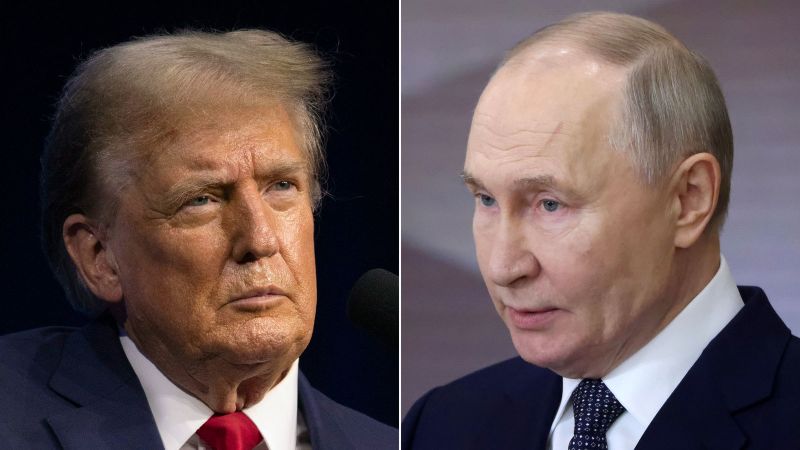
In a war dominated by the unexpected, few imagined Ukraine’s fourth year at war would so firmly question the security of all of Europe.
The most basic tenets have crumbled in this war. Russia’s military superpower status has weakened, and the Kremlin’s inner circle overcame an uprising. Drones have altered warfare permanently, and rendered warehouses of tanks near-useless.
The United States has flipped from a moralistic benefactor to a transactional predator of Kyiv’s resources. The president of Ukraine has survived physically yet now must deal with a revisionist version of events purveyed by a White House that just over a month ago was his steadfast backer.
Flippant or spontaneous as it may have been, US Secretary of Defense Peter Hegseth’s remark in Brussels that the US was no longer the guarantor of European security has overturned eighty years of norms on the continent. Perhaps it was a bluff to boost European security spending, but you cannot bluff in nuclear security.
The Kremlin will have heard about the weakness in the transatlantic alliance and will be plotting accordingly. In one sentence, Hegseth turned a conflict, in which Moscow had been roundly diminished and humiliated for three years, into the chaotic re-ordering of continental security, in which Moscow may somehow dominate to its west.
With Moscow tied up in Ukraine, the security of wider Europe is for now an ethereal policy debate – an unwelcome distraction when contrasted with the relentless daily horror of the actual fight. After a week of social media tirades and tense microphone diplomacy, the gruesome battle has somehow faded into the background. Yet the acute horror is real.
A Ukrainian company commander serving inside Russia’s Kursk region said his men had to regularly dig new positions in the frozen ground as they were so accurately targeted by waves of Russian drones. “I don’t really believe in a quick end to the war or in peace in general”, he said after three years of fighting. “I am very exhausted, so is everyone here. Nothing changes for us here because of political statements.”
Oleksandr Nastenko, a battalion commander in the 475th assault brigade, said talk of peace had impacted recruitment as potential soldiers were saying “maybe it will all be over in a month or two, I’ll wait.” He said talk of Ukraine collapsing after six months without American aid was premature. “We will somehow figure it out, there is no smell of capitulation.”
Yet a form of capitulation has haunted the opening salvos of the Trump administration’s negotiating plan – Hegseth gifting Moscow with the prospect of Ukraine not joining NATO or recovering territory, before talks had apparently begun. The White House’s revisionism has become an ugly extension of their apparent race to purse a détente with the Kremlin almost at all costs.
Russia’s parallel narrative – that it was forced into action to prevent NATO expansion, and Ukraine must be de-nazified – had been overwhelmed by the sheer weight of its frailty on the frontlines and isolation. It had begun to sound silly – the wobbly excuses of the loser. Yet it has suddenly gained a new lease of life, parroted in part by the world’s most powerful man and his inner circle. It is a potent sign of how the war continues to turn basic norms upside down, that a pressing question on its third anniversary is: “Who is feeding Trump these Kremlin talking points?” Russian state television seems to think it is Russian President Vladimir Putin himself in his conversations with Trump.
Western unity has been an outlier during the war: European nations often differed in how suspicious of Russia they instinctively were, but they spoke as one since Moscow’s full invasion. Yet we now face the world’s pre-eminent power somehow convinced Russia might be a potential ally, and it is their European democratic allies who are the tyrannical problem. It is naïve for anyone in Washington to imagine a future in which Moscow drops its main financier and neighbor, China, in favor of an alliance with the US. Instead, they project frailty at a time when Beijing is actively weighing its next moves on Taiwan, and at times seems the most stable, serious power globally.
On Sunday, Zelensky said he would step aside if it meant peace for Ukraine. The distressing fact is his fraught relationship with Trump risks becoming an obstacle to almost everything. Yet the alternative is worse still. An election in wartime or handover to an anointed successor would simply increase false claims of Zelensky’s illegitimacy.
The dichotomy of the White House’s position is evident again in the inflated casualty numbers they claim is the reason the war must end (millions have not died, as Trump suggests, but possibly hundreds of thousands). This onus on preserving life is not compatible with a peace deal that weakens Ukraine’s defense and risks Russia refitting and coming back for more ground next year. More will die if peace fails or is weak.
The ugliest truth of this moment also needs saying out loud so Europe can be ready. The evidence of our eyes and ears is, as the biggest war in Europe since the forties drags into its fourth year, that Trump favors Putin.



